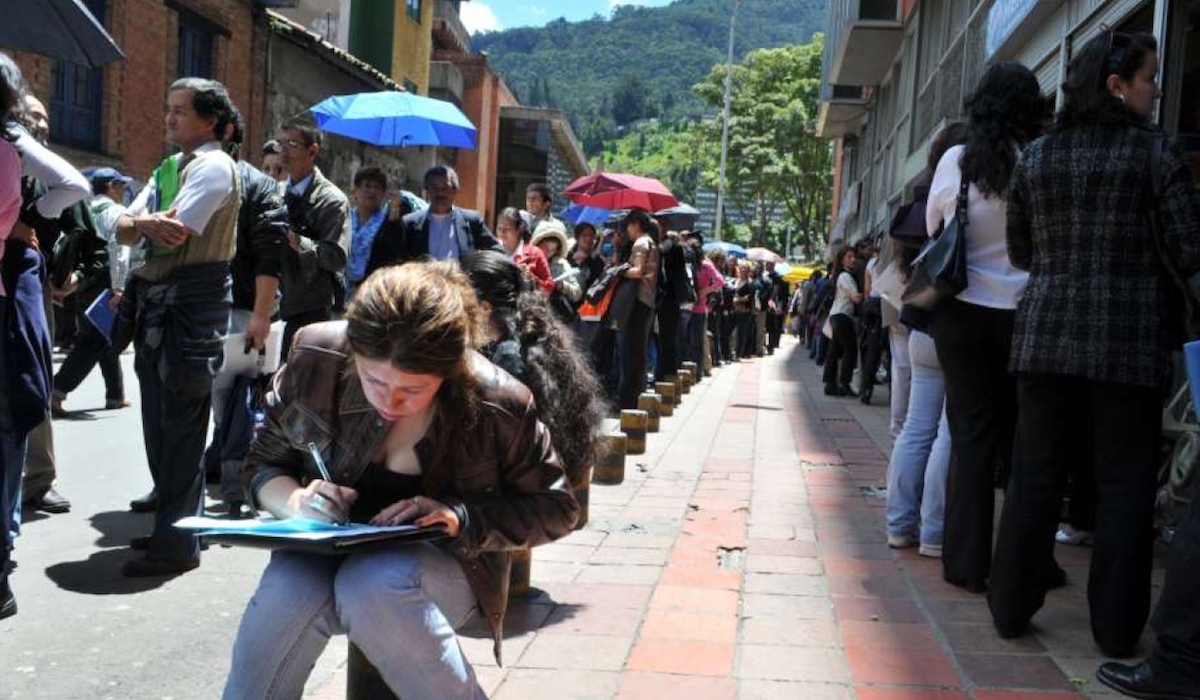More than 580,000 Colombians between the ages of 15 and 24 do not work and are not studying or training, according to a study by the Universidad del Rosario. Of those, 63.8% are women and 36.2% are men. The study was conducted exclusively within Colombia’s 13 largest cities.
The study concludes that the subjects not only cease to become productive members of society, but also stop studying. They do not obtain the work experience or education that they need, and thus become marginalized in Colombian society.
Among those who responded that they do not work or study, the reasons are profoundly different between male and female respondents. Most men in the study indicated that they do not work because they cannot find unemployment, while 92% of women responded that they are homemakers and dedicated to household activities. Many of these women are unable to continue their education because they are single mothers with small children at home.
Of those who do not work or study, only 50% graduated from high school.
Martha Pinto, head of the Leadership and Management Center, said that the unemployment that these people experience is in part caused a failure of Colombia’s educational institutions. Their lack of a basic education becomes a handicap that affects them their entire life, lowering lifetime income and forcing more difficult working conditions.







